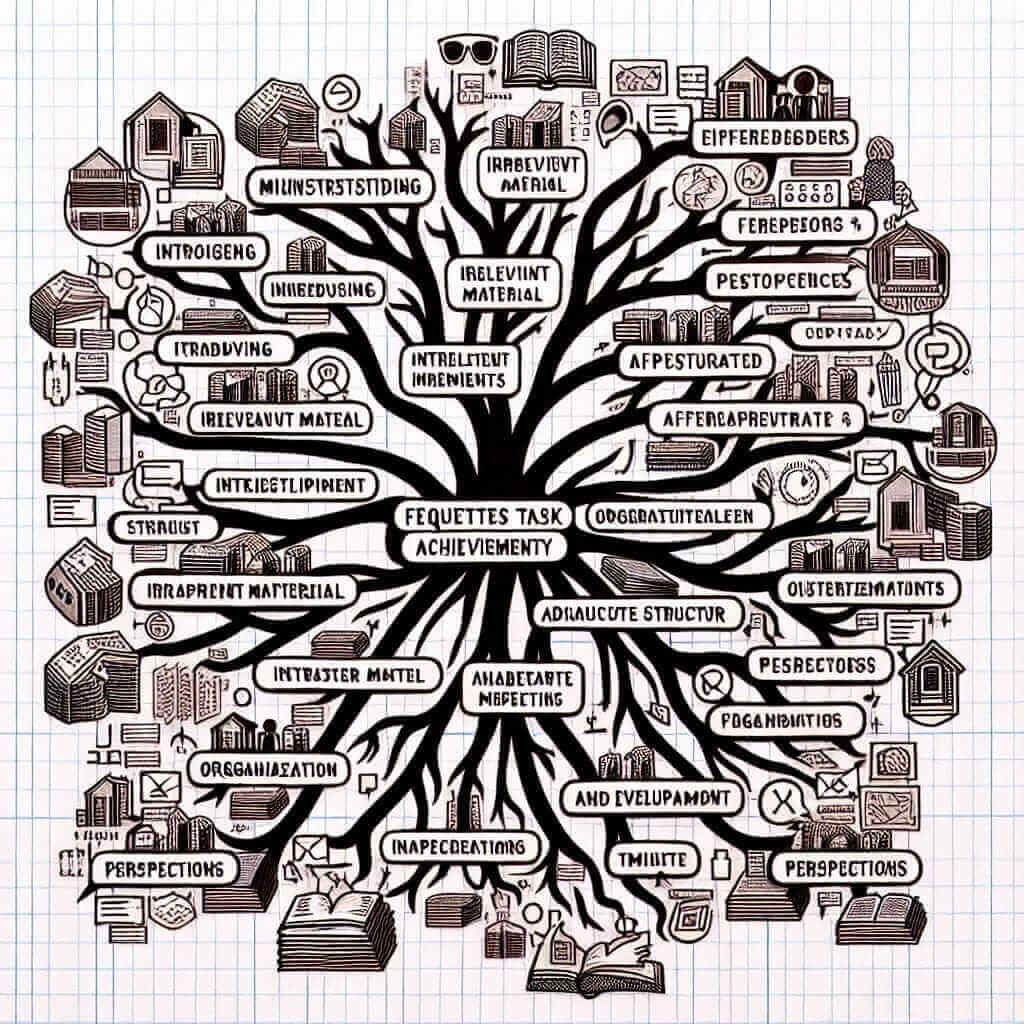Task Achievement is a crucial aspect of the IELTS Speaking and Writing tests, significantly impacting your overall band score. It refers to your ability to fully address all parts of the given task, provide relevant ideas and evidence, and develop a clear and coherent response within the set time limit.
Why is Task Achievement Important?
In both the Speaking and Writing tests, examiners use specific assessment criteria to evaluate your performance. Task Achievement directly addresses several of these criteria, including:
- Speaking:
- Fluency and Coherence: Speaking at length on a topic, connecting ideas logically, and using a range of cohesive devices.
- Lexical Resource: Demonstrating a wide range of vocabulary and using it accurately.
- Grammatical Range and Accuracy: Using a variety of grammatical structures accurately.
- Writing:
- Task Response: Addressing all parts of the task, presenting a clear position, and supporting your ideas with relevant examples.
- Coherence and Cohesion: Organizing your ideas logically, using cohesive devices effectively, and presenting a well-structured response.
Common Mistakes Affecting Task Achievement
Many IELTS test-takers struggle with Task Achievement due to common mistakes, such as:
- Not understanding the task requirements: Misinterpreting the question or failing to address all its parts.
- Providing irrelevant information: Including details or examples that don’t support the main idea or argument.
- Lack of clear structure and organization: Jumping between ideas without a logical flow, making it difficult for the examiner to follow your argument.
- Insufficient development of ideas: Providing superficial explanations or failing to support claims with evidence.

Tips to Improve Task Achievement
1. Analyze the Task Carefully
Before you start writing or speaking, take a moment to thoroughly understand the task requirements:
- Identify the keywords: Highlight the key words in the question to focus your response.
- Determine the task type: Is it asking for an opinion, a discussion, or a description?
- Break down the question: If there are multiple parts, ensure you address each one.
Example:
Writing Task 2:
“Some people believe that the best way to improve public health is by increasing the price of unhealthy food. To what extent do you agree or disagree?”
Keywords: public health, unhealthy food, price, agree/disagree
Task type: Opinion essay
Parts of the question:
- Discuss the view that increasing the price of unhealthy food can improve public health.
- Present your own opinion on the effectiveness of this measure.
2. Plan Your Response
Dedicating a few minutes to planning your response can significantly improve your Task Achievement score:
- Brainstorm ideas: Note down relevant points and supporting examples.
- Create a logical structure: Organize your ideas into clear paragraphs with topic sentences.
- Use linking words: Ensure a smooth flow of ideas by using cohesive devices.
3. Develop Your Ideas Fully
Provide sufficient details and evidence to support your claims:
- Explain your points clearly: Don’t assume the examiner understands your reasoning; elaborate on your ideas.
- Use relevant examples: Illustrate your points with specific examples from your own experience or knowledge.
- Avoid generalizations: Back up your statements with evidence and avoid making sweeping statements.
Example:
Instead of writing: “Increasing taxes on sugary drinks is a good idea.”
Write: “Increasing taxes on sugary drinks can deter consumption and generate revenue for health initiatives. For example, Mexico witnessed a significant decrease in sugary drink consumption after implementing a sugar tax, demonstrating its effectiveness in promoting healthier choices.”
4. Practice Time Management
Effectively managing your time is crucial for Task Achievement:
- Allocate time wisely: Divide your time between planning, writing/speaking, and reviewing.
- Stick to your plan: Avoid going off on tangents or spending too much time on one point.
- Practice regularly: Familiarise yourself with the time limits and develop strategies to complete the tasks within the allocated time.
5. Review Your Work
Always allow time to review your work before submitting it:
- Check for clarity and coherence: Ensure your ideas are presented logically and easy to follow.
- Proofread for errors: Correct any grammatical, spelling, or punctuation mistakes.
- Ensure task completion: Confirm that you have addressed all parts of the task effectively.
Conclusion
Improving Task Achievement in your IELTS exam requires understanding the assessment criteria, analyzing task requirements, planning your response, developing ideas fully, managing time effectively, and reviewing your work. By implementing these strategies and practicing consistently, you can significantly enhance your performance and achieve your desired band score. Remember, practice makes perfect!